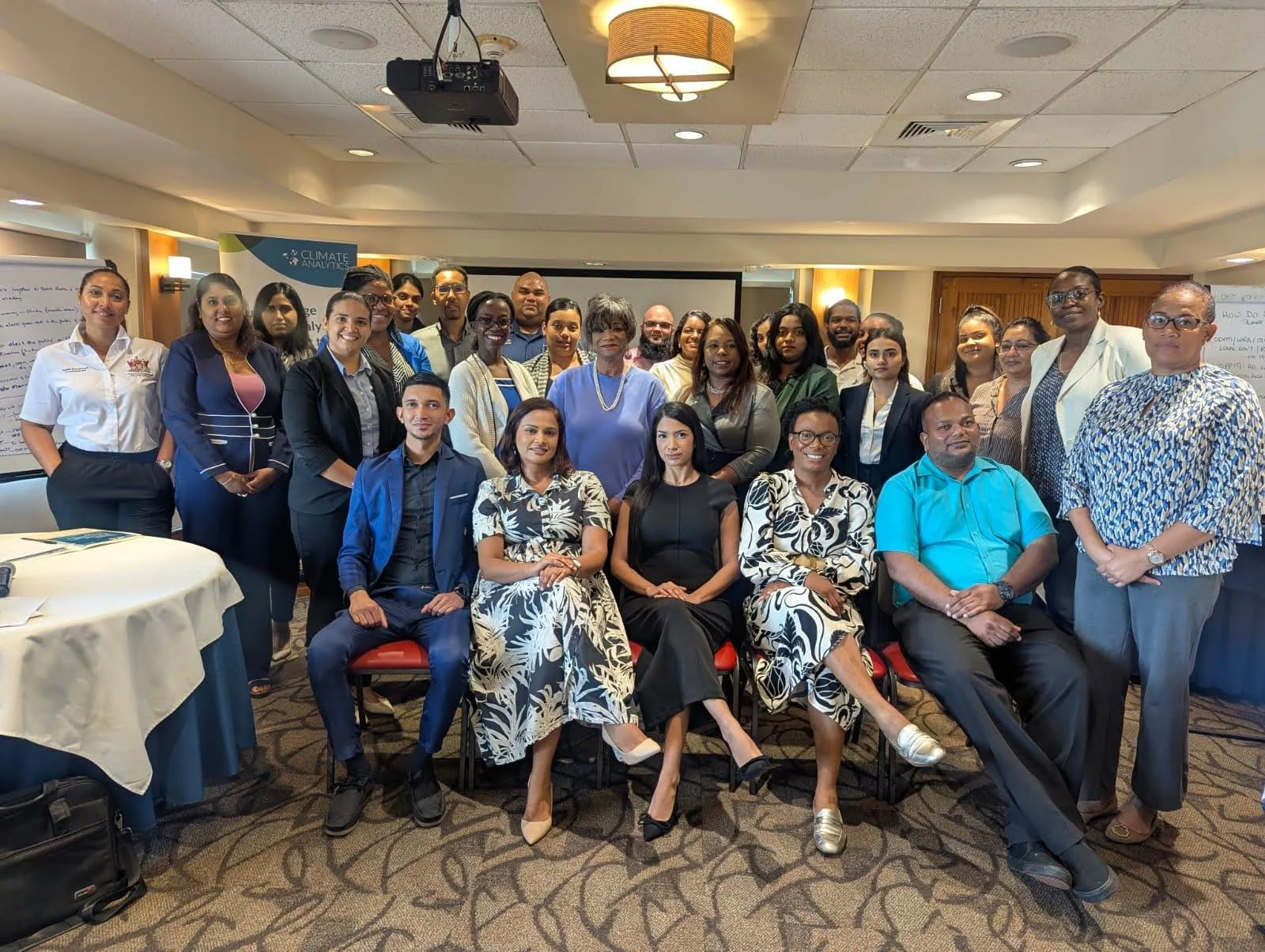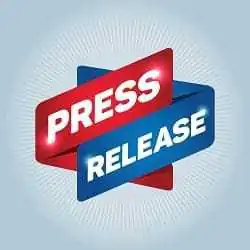A groundbreaking new decision support tool with the potential to greatly augment flood preparedness and disaster response in island communities has received resounding endorsement from leading stakeholders in Trinidad and Tobago’s agencies. The FloodAdapt tool is designed to support flood-related adaptation planning. It combines rapid, physics-based compound flood modelling with impact analysis in an accessible interface, enabling non-expert users to explore future scenarios and evaluate adaptation options In this project, cascading impact analysis is incorporated as a complementary element to provide a detailed overall flood impact assessment. This free, open-source tool was developed and refined by Deltares and Deltares USA with data collection and stakeholder validation led by Climate Analytics.
The FloodAdapTT project is supported by the U.S. Government through funding from the National Oceanic and Atmospheric Administration (NOAA) and the U.S. Department of State. The contents of this release do not necessarily reflect the views of the U.S. Government.
The FloodAdapt tool was demonstrated during the FloodAdapTT workshop held on May 26th and 27th in Port of Spain. The interactive event was attended by policymakers from the Ministries of Planning, Economic Affairs and Development; Rural Development and Local Government, Works and Infrastructure; and Ministry of Health. Participants also included officials from agencies such as the Office of Disaster Preparedness and Management (ODPM), the Trinidad and Tobago Meteorological Office, the Diego Martin Regional Corporation, the Environmental Management Authority (EMA), the Water and Sewerage Authority (WASA), the Institute of Marine Affairs (IMA), The University of the West Indies, and the Trinidad and Tobago Red Cross Society.
“Last year’s unprecedented hurricane season left Caribbean countries reeling and underscored our region’s urgent need for improved planning and decision-making processes for responsive climate change adaptation and flood management strategies,” said project lead and Climate Analytics Caribbean Loss and Damage Expert, Ms. Sasha Jattansingh. “With the rainy season underway in Trinidad and Tobago, citizens are bracing for disruptive flood events this year. We as a society are still dealing with the trauma of the severe flooding of October 2018. FloodAdapt combines high-resolution data, local conditions, and global models to offer scenario planning to help us better understand and prepare for when disaster strikes. We greatly appreciate the support of our partners at Deltares, NOAA, and the U.S. Department of State for advancing this valuable tool.”
The FloodAdapTT project used the October 2018 flood event for Port of Spain and environs as the test case to validate the results of the FloodAdapt tool. Dr. Rosanne Martyr, Senior Scientist, Group Lead Adaptation and Loss and Damage for Climate Analytics, noted that FloodAdapt integrates a suite of datasets and modelling techniques, including coastal water levels, rainfall time series, estimated river discharge, transport and population data.
“The FloodAdapt model results showed that approximately 34,830 people in North-West Trinidad were cut off from essential health services during the 2018 flood event, and with worsening climate change impacts our future scenario modeling shows this figure increasing to 42,946 if adaptation measures are not implemented,” Dr. Martyr stated. “By pinpointing these critical obstructions, FloodAdapt can help local authorities to prioritize their resources and identify and implement suitable adaptation measures to safeguard lives and livelihoods.”
Participants were enthusiastic about FloodAdapt’s capacity to strengthen Caribbean climate adaptation and disaster resilience planning and decision-making processes, and looked forward to the model being further developed and rolled out across the region.
“This workshop was really beneficial to us, and I am looking forward to using the model for the water sector, as flooding affects our water treatment plants,” said Ms. Sharon Archie, Team Lead, Water Resources Agency, WASA. “We need that collaborative effort and we need to work together as inter-sectoral agencies to make scientific decisions that are beneficial to our citizenry. We must look at how we can better serve our citizenry with respect to climate change adaptation and building resilience.”




